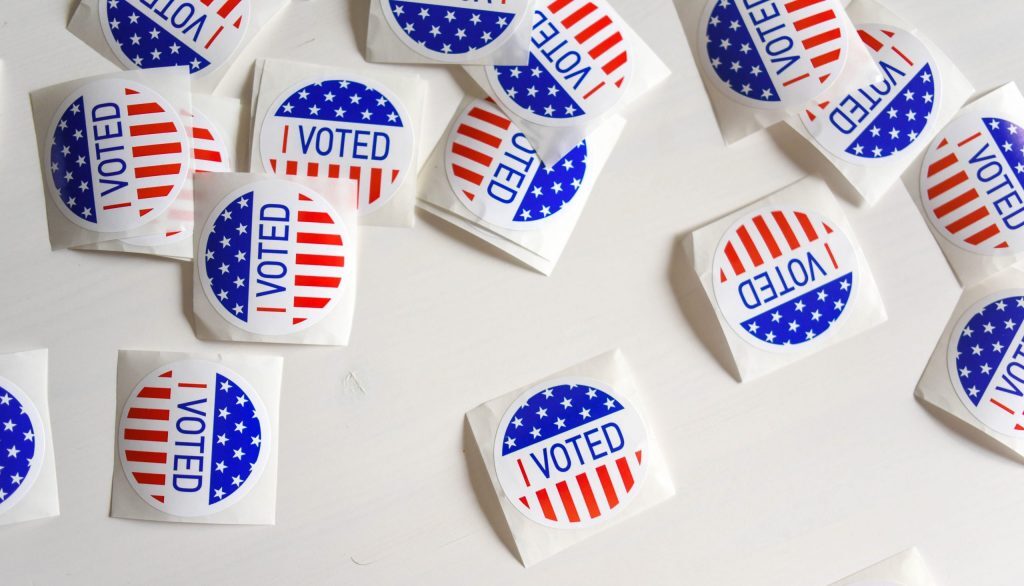Increasing opportunities for individuals to deliberate together within our electoral processes is the key to decreasing polarization and discerning the real “will of the people.”
If democracy is “broken,” how do we fix it?

Our recent Ideas at Work guests, Professors Larry Diamond and James Fishkin, offer a proposal for reforming American democracy: incorporate more robust citizen deliberation. They maintain that increasing opportunities for individuals to deliberate together within our electoral processes is the key to decreasing polarization and discerning the real “will of the people.”
What other proposals are out there to “fix the system”?
While some call for changes in the way that Americans participate in self-government, others focus on process reforms. Here are just a few of the ideas put forward in recent years:
Ranked Choice Voting
Ranked choice voting allows for citizens to rank their preferences on a ballot instead of choosing one candidate. Voters indicate their first, second, and third choice (and so on). The “winner” of an election will have the greatest number of first choice votes and the greatest number of second choice votes from voters whose first choice was eliminated. Several states have some form of ranked choice voting in place, but there have been challenges raised. This piece in The New York Times goes into detail about the arguments for and against ranked choice voting, and the video below explains the basics.
Approval Voting
Approval voting allows for the selection of multiple candidates on a given ballot. Voters indicate all the candidates they support, rather than a single favorite. The “winner” is the candidate who receives the most votes overall – or the most “approval.” Supporters of this method contend that it is more expressive of the public will (“the candidate most-approved of wins”), helps avoid vote-splitting and “spoilers,” and is fairer to major parties and independents. Check out this informational video from the Center for Election Science to learn more.
Proportional Representation
Proportional representation involves electing multiple people at one time to represent a region. FairVote provides an overview of the various types of proportional representation that could be implemented under a multi-member district system. This alternative to our current model (one “winner” for each of the 435 congressional districts) is generally viewed as constitutional but would require overturning legislation that requires single-member districts. Lee Drutman makes the case in Vox that this reform would address a number of problems, from extreme polarization to “wasted” votes.
What do you think about these proposals for reform? Do any strike you as a way forward? Do they get at the root causes of what we might perceive as corruption or weaknesses of our political system?